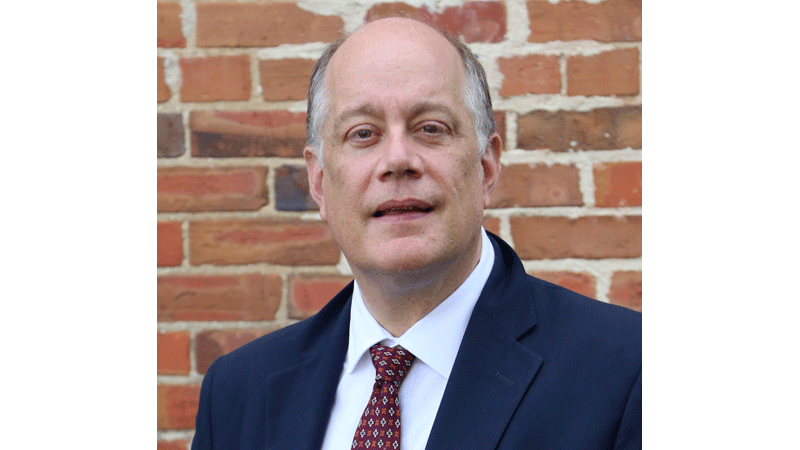My thoughts on government dysfunction
Published 9:23 am Wednesday, October 15, 2014
by Randy Forbes
According to a Gallup survey released last year, Americans were more likely to name “dysfunctional government” as the most important problem facing the nation — more than the economy, unemployment, the deficit, and healthcare.
And who can blame them? It’s government dysfunction that brought us to sequestration. To mortgaging our children’s future to pay for yesterday’s expenses. To regularly failing to even pass a budget. Not much has changed since last year. If anything, even more situations have added to the public’s sentiments about dysfunction in Washington. The IRS scandal and the VA scandal come to mind, among others. What is most telling about Americans’ sentiments is just how wide-sweeping Washington’s dysfunction is, touching a number of government agencies and issues.
Many people would say the dysfunction in Washington stems from disagreement. I — no irony intended — disagree. There is a difference between disagreement and dysfunction, and between standing on principle and standing for polarization. Our government was founded in disagreement. Disagreement is in our DNA as a nation. From our inception, we have welcomed disagreement as a starting point for debate and a place where new concepts are launched. Why? Because the best ideas often come from places of disagreement. It forces individuals with different opinions to work together for the best solution.
So if disagreement isn’t necessarily causing dysfunction in our nation today, what is? A wall of disrespect exists between government leaders, which has made working together nearly impossible. When we receive breaking news alerts simply because Republicans and Democrats have come together for a face-to-face meeting, we’ve hit an all-time low. Politics has become the thing we abhor instead of the very catalyst to create the best possible future for our nation. Dysfunction carries a steep price: Our nation remains stagnant. If bickering continually pushes us to the eleventh hour before we act, then we do not have sufficient time to engage in meaningful debate over the most effective means of addressing the challenges we face. If we are focused on opportunities to score political points, we are taking time away from focusing on innovative policy issues that move our nation forward.
We can move our country from dysfunctional, to a functioning, forward-thinking government quite easily — by committing to a posture of statesmanship.
Statesmanship doesn’t mean kicking our disagreements under the rug. It doesn’t mean government leaders have to be “yes men.” Statesmanship doesn’t even dictate that two individuals have to compromise principles. Statesmanship doesn’t discriminate between political ideologies. In fact, I am good friends with both Democrats and Republicans whom I consider fine statesmen and women.
True statesmanship depends on a commitment to lead by principles and values. Perhaps more than that, it depends on the ability to come together to build consensus, not a patchwork of compromises. True statesmanship births a desire for common ground. If we posture ourselves as statesmen, we come to the table with respect for each other, an open mind to ideas, and an understanding of each other’s unwavering principles. Statesmanship requires hard work and respect. It is not the easy way out. But it’s necessary if we want a healthy, thriving, functioning government.
RANDY FORBES represents Virginia’s Fourth Congressional District in the United States House of Representatives. For contact information, see http://randyforbes.house.gov.





